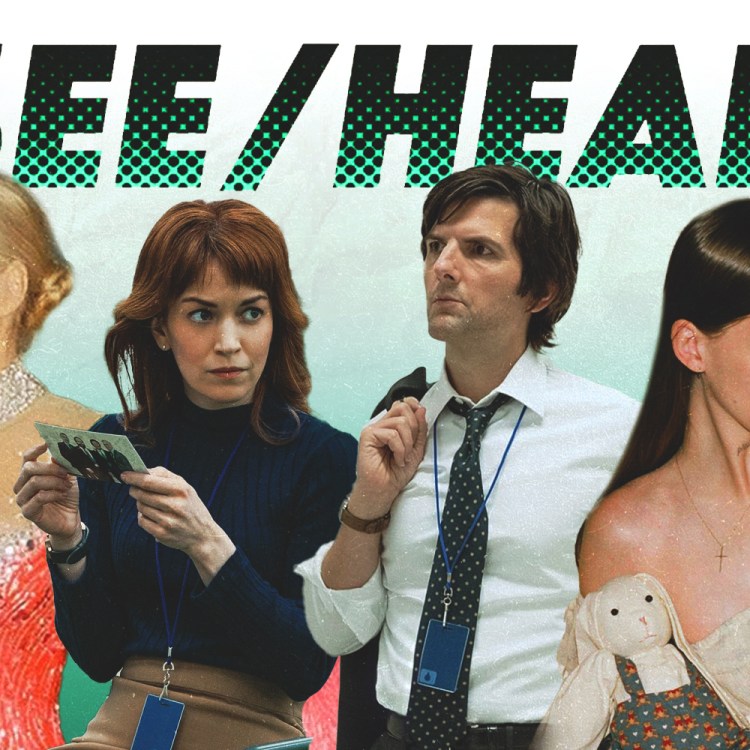Linguist Lisa Smartt took inspiration from her father’s deathbed utterances and used her professional skills to transform them into a study of over 2,000 turns of phrase from nearly 200 people in their final moments.
The UC Berkeley grad turned her work into a book, Words on the Threshold, published in early 2017, that explains what people are really saying when they’re dying. She collaborated with psychiatrist Raymond Moody Jr., best known for his work on “near-death experiences,” The Atlantic reported.
One common pattern she noted was that when her father used pronouns such as it and this, they didn’t clearly refer to anything. One time he said, “I want to pull these down to earth somehow … I really don’t know … no more earth binding.” But she had no idea what these referred to.
Smartt told The Atlantic that she’s been most surprised by that narratives that seem to unfold in people’s speech, piece by piece, over days. She noted in her research how early in his dying process, one man talked about a train stuck at a station, then days later referred to the repaired train, and then weeks later to how the train was moving northward.
She imagines that tracking these story lines could be clinically useful, particularly as the stories move toward resolution, which might reflect a person’s sense of the impending end.
Thanks for reading InsideHook. Sign up for our daily newsletter and be in the know.


















